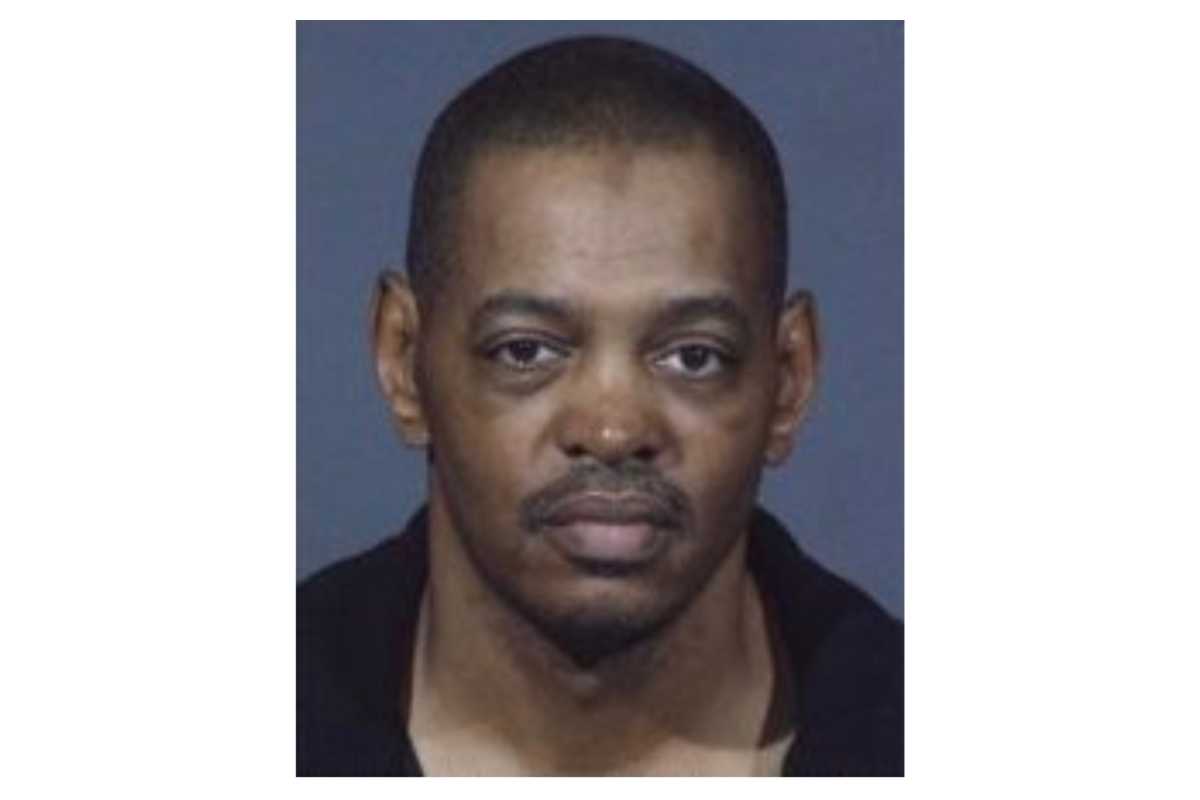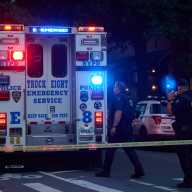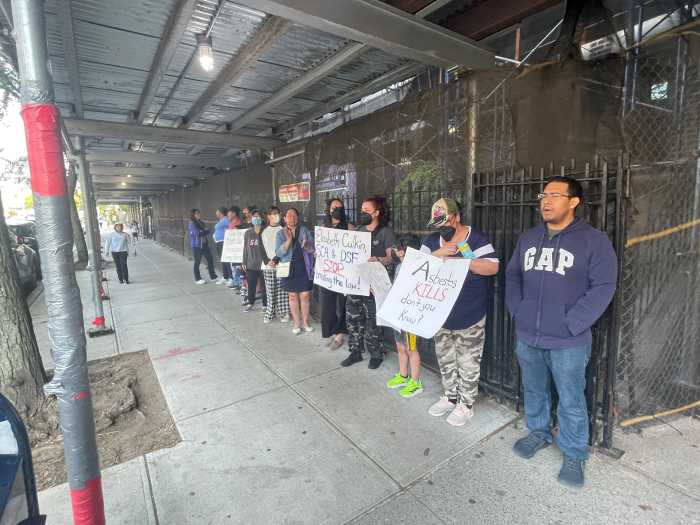
Gov. Andrew Cuomo had some snappy answers about transportation policy during a 92-minute interview with the Newsday/amNewYork editorial board on Wednesday.
He said age was a big factor of the subway system’s woes: “Why does it keep breaking? Because it’s old.”
He downplayed the idea of using a millionaire’s tax to fund the MTA, a Mayor Bill de Blasio special. He joked that slamming the wealthy is popular: the tax is the “highest polling answer” for every problem, including the “cure for the common cold.”
But he really settled in for a long anecdote, told with relish, about how he urged the first phase of the Second Avenue Subway to completion. It’s a fascinating window into his vision of the governor’s job, and what sorts of challenges he appears to publicize and prioritize most.
The anecdote started with leaders of the delayed, multibillion-dollar construction project coming to Cuomo and saying, “we’re gonna move the deadline.”
Cuomo says he objected to this, riffing in various ways about how deadlines shouldn’t be considered movable, because of the dictionary definition of “deadline.” It’s a deadline, it means you can’t move it.
“We had some animated conversations,” he said. And then he went directly to the contractors in charge of the project.
Cuomo said that the way the contracts had originally been bid was confusing — not one group for the full job. So he gathered all the different contractors around a conference room table in his office. He says that’s when he started getting the excuses about why the deadline couldn’t be met: the provider of tiles had died; there’s no steel left in the United States; we’re all out of electric wire, etc. (These may have been jokes, or at least they were related humorously. Cuomo did not name the contractors.)
The contractors told him it all meant they needed more time. So Cuomo says he told the contractors that sounded like the only possibility. “Thanks for coming by.” Then, he says he told them that he’d be sending out the “letter of debarment” that day, and that his counsel would be available to speak to their counsel all about it and the possible obligation to notify the Securities and Exchange Commission.
It seems that individuals or entities placed on the state’s “Debarred List” are prohibited from getting state contracts. Cuomo said that “probably triggers an SEC notification.” Then he left the room. He says his counsel, Alphonso David, was with him and later said, “I never heard of a letter of debarment.” At this point in the story’s telling, Cuomo laughed. Later, a Cuomo spokeswoman confirmed that Cuomo’s office did, indeed, send debarment letters to contractors.
Nevertheless, this tactic appears to have worked, according to the anecdote. The contractors said, “We figured out a way” to stay on schedule. Cuomo added that they then met twice a week in his office, and he would periodically check in on worksites to make sure things were moving. “That was a year of that,” he said. On New Year’s Eve of 2016, he celebrated the opening of stations on the new line.
How should voters judge this story? The point from the governor’s side seems to be that his micromanaging and headbanging got the job done. Clearly big infrastructure projects of all kinds should be done in a more streamlined way with fewer contractors, and Cuomo says that’s how LIRR improvements and the new Mario Cuomo Bridge are getting done.
Critics might say they wished they’d seen such canny focus and gamesmanship in resurrecting the subways as a whole. But that’s a much more complicated problem, even more complicated than drilling new tunnels through bedrock. And it will take longer to get to that photo-op opening.
































